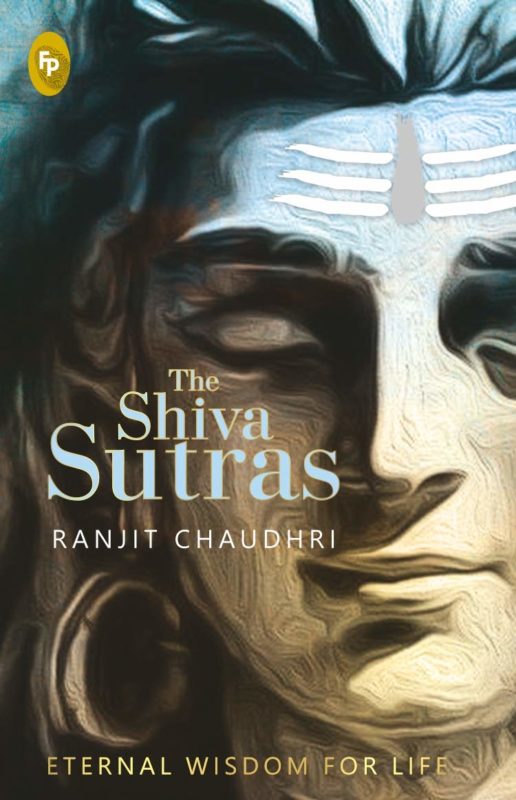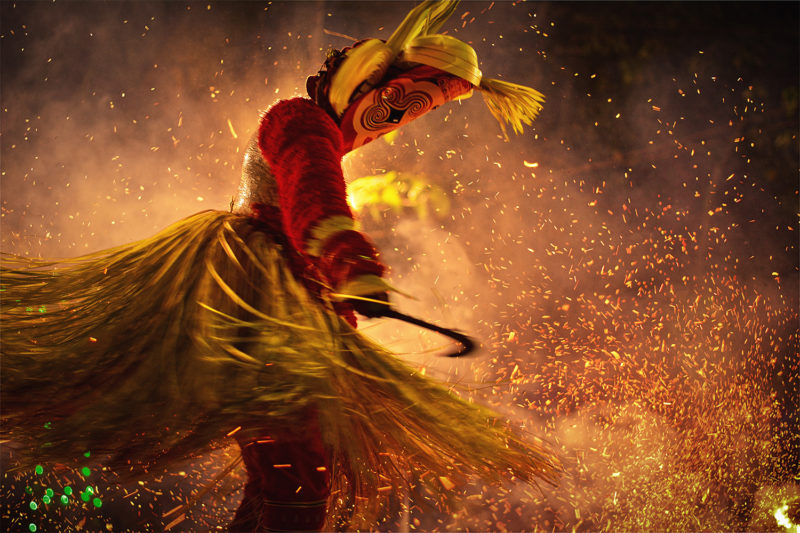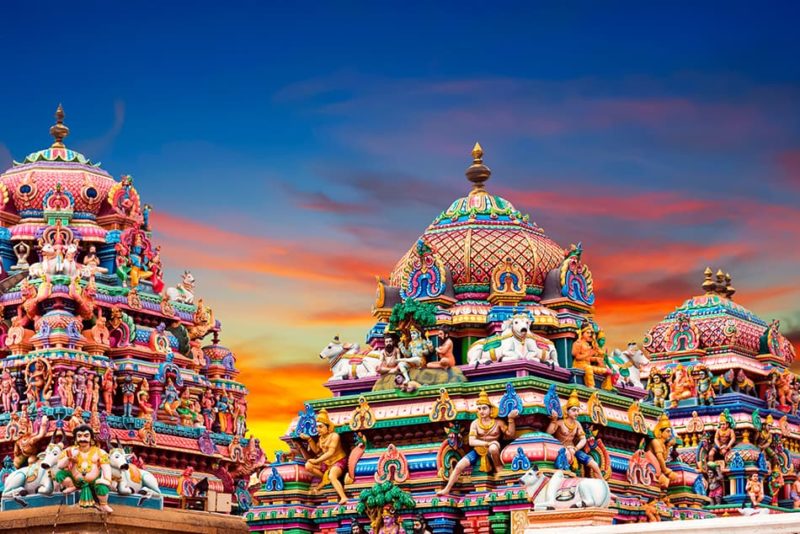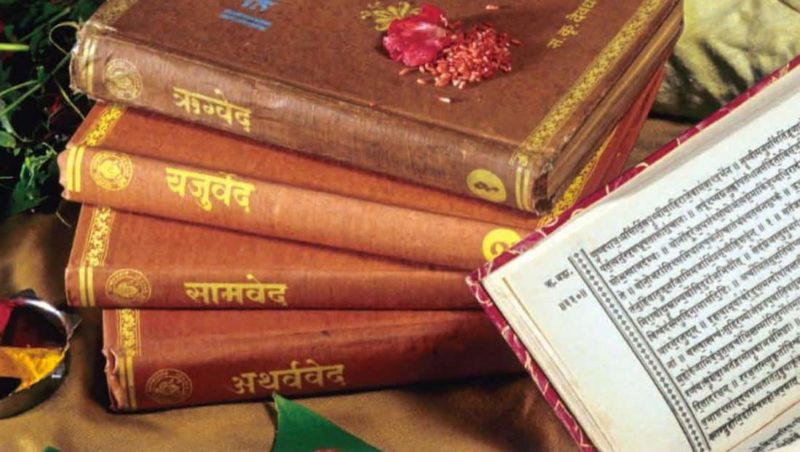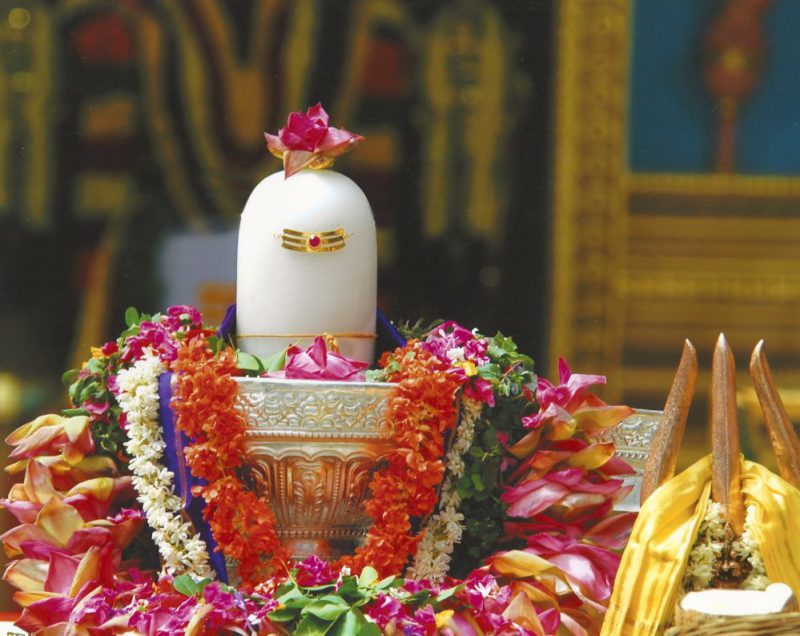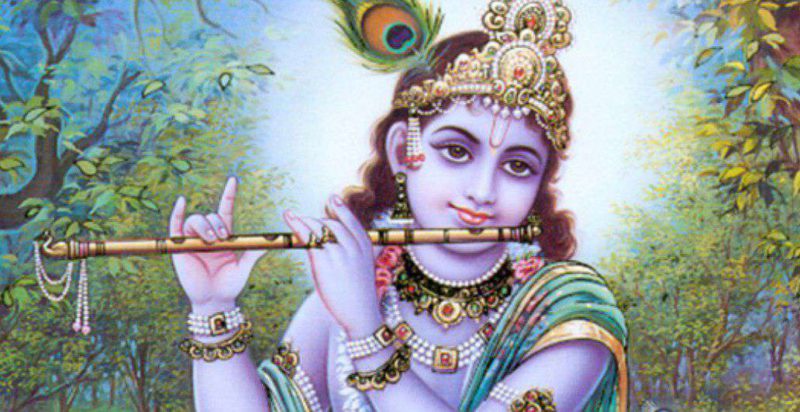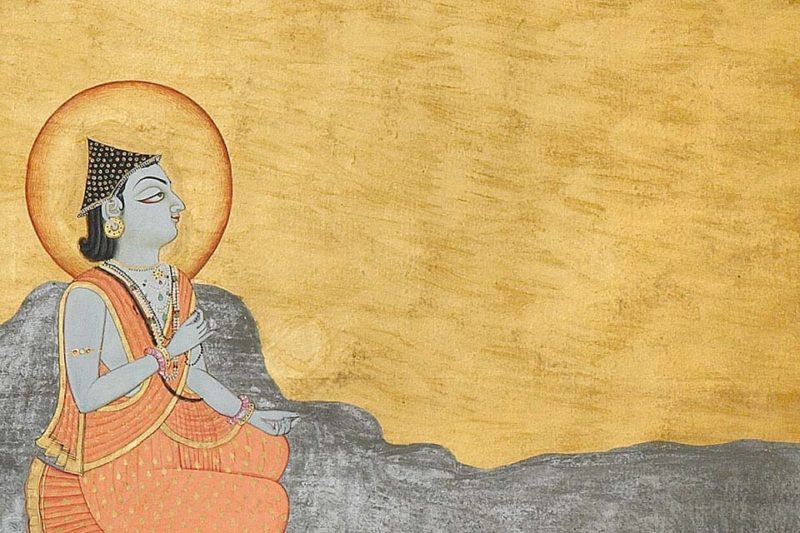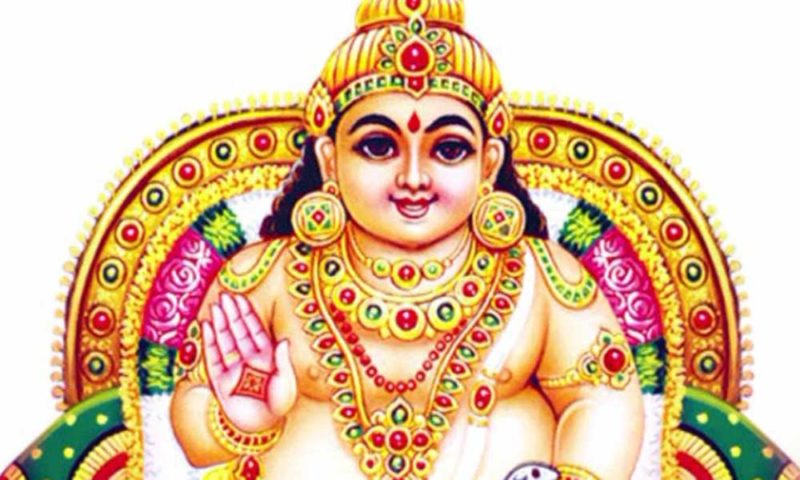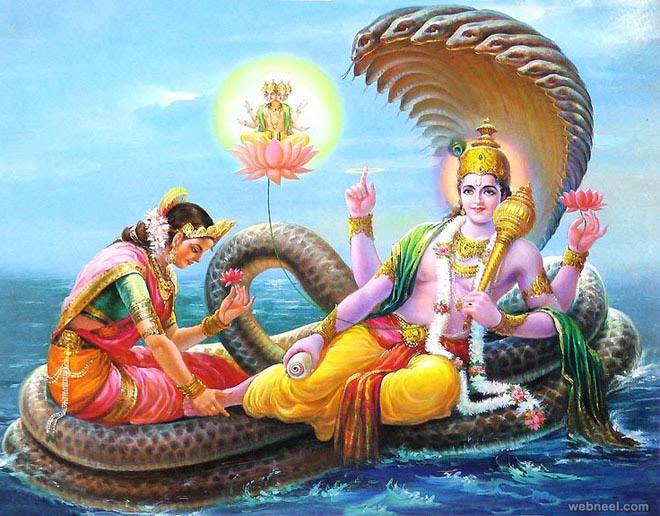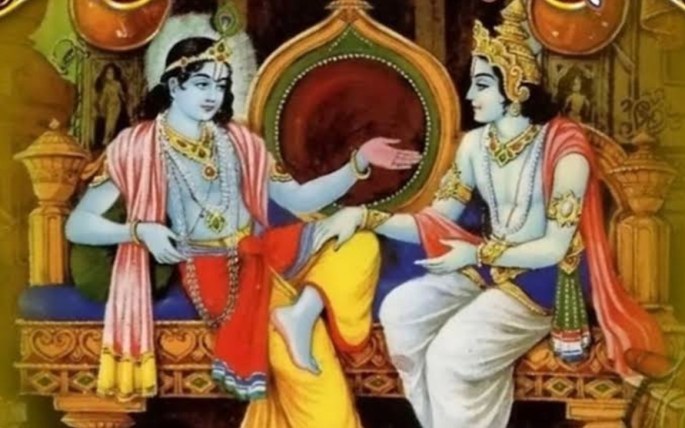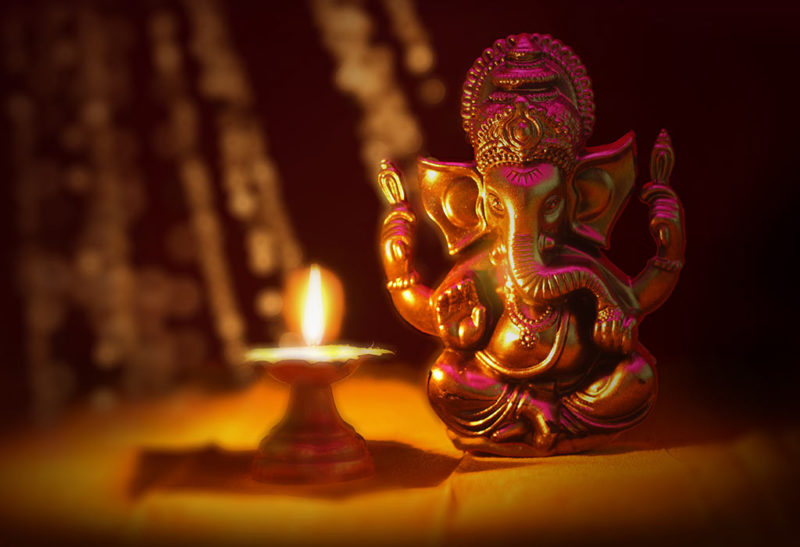Ancient Indian Literature, Hinduism, Sanskrit Texts, Uncategorized
Shiva Sutras
The Shiva · sutras, technically akṣara · samāmnāya, are variously referred to as māheśvarāṇi sūtrāṇi, pratyāhāra · sūtrāṇi, varṇa · samāmnāya, etc., referring to a collection of fourteen aphorisms in the Sankr system of the vernacular azi -Aṣṭādhyāyī. Pāṇini himself uses the word akṣara · samāmnāya while the common word “Shiva sutra” is a recent […]

